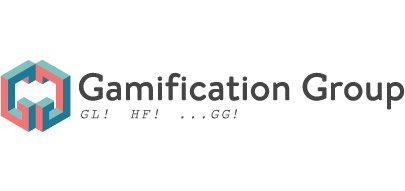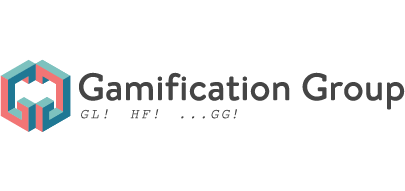Gamification and Team Collaboration

Human beings are social species that rely on cooperation to survive, further evolve, and overcome urgent challenges. From everyday interactions to the greatest human endeavors, our success mostly depends on the ability to work together. The rise of digital technologies has set in motion an epochal shift that enabled us to connect individuals through technology, regardless of their physical position. Within local teams as well as within global communities and international organizations, digital technology is exploiting new opportunities for people to collectively engage in activities and achieve common objectives. The recent COVID-19 pandemic has seen yet another acceleration of this shift.
These developments make it essential to better understand how humans can be motivated to work together via technology. While many digital solutions that aim to bring people together fail in achieving collective engagement, we see one specific digital context in which cooperation seems to emerge effortlessly: Digital games. Games are effective in bringing people together, even if they have never met in real life, and engage them to work together towards achieving common goals. Thus, one of the major current research matters exists in exploring the potential of using design elements of games, “gamification”, to engage people in cooperative activity. However, while the literature on this phenomenon is growing in numbers, it remains unclear how gamification motivates cooperation and how effective it is in cooperative settings. This lack of understanding obstructs us from designing gamification that appropriately supports cooperation and from comprehending what potential hurdles need to be considered.
Therefore, we conducted a study in which we theorized a framework for gamifying cooperation. Guided by this framework, we systematically reviewed and synthesized the existing literature (n = 51) to understand how gamification has been previously employed to motivate cooperation and what is known about the effects of gamification in cooperative contexts. The main contribution of our article consists in deducing three different approaches (i.e., based on individualistic, cooperative, and hybrid use of features) to motivate cooperation by gamification and in providing a strategic platform for future research by proposing 11 agenda points regarding thematic, theoretical, and methodological future research avenues for gamifying cooperative activity.
Please see the paper for full details:
Journal: https://www.sciencedirect.com/science/article/pii/S0268401222000834
DOI: https://doi.org/10.1016/j.ijinfomgt.2022.102549
ResearchGate: https://www.researchgate.net/publication/362653334_Gamification_of_cooperation_A_framework_literature_review_and_future_research_agenda
Citation:
Riar, M., Morschheuser, B., Zarnekow, R., & Hamari, J. (2022). Gamification of cooperation: A framework, literature review and future research agenda. International Journal of Information Management, 67, 102549. https://doi.org/10.1016/j.ijinfomgt.2022.102549
Authors
Marc Riar
Chair of Information and Communication Management
Technical University of Berlin
https://www.tu.berlin/en/ikm/about-us/team-and-persons/riar-marc
Benedikt Morschheuser
Assistant Professorship of Information Systems (Gamification) – endowed by adidas
Friedrich-Alexander-Universität Erlangen-Nürnberg (FAU)
https://gamification.rw.fau.eu
Rüdiger Zarnekow
Chair of Information and Communication Management
Technical University of Berlin
https://www.tu.berlin/en/ikm/about-us/administration
Juho Hamari
Gamification Group
Tampere University
http://juhohamari.com




Sorry, the comment form is closed at this time.